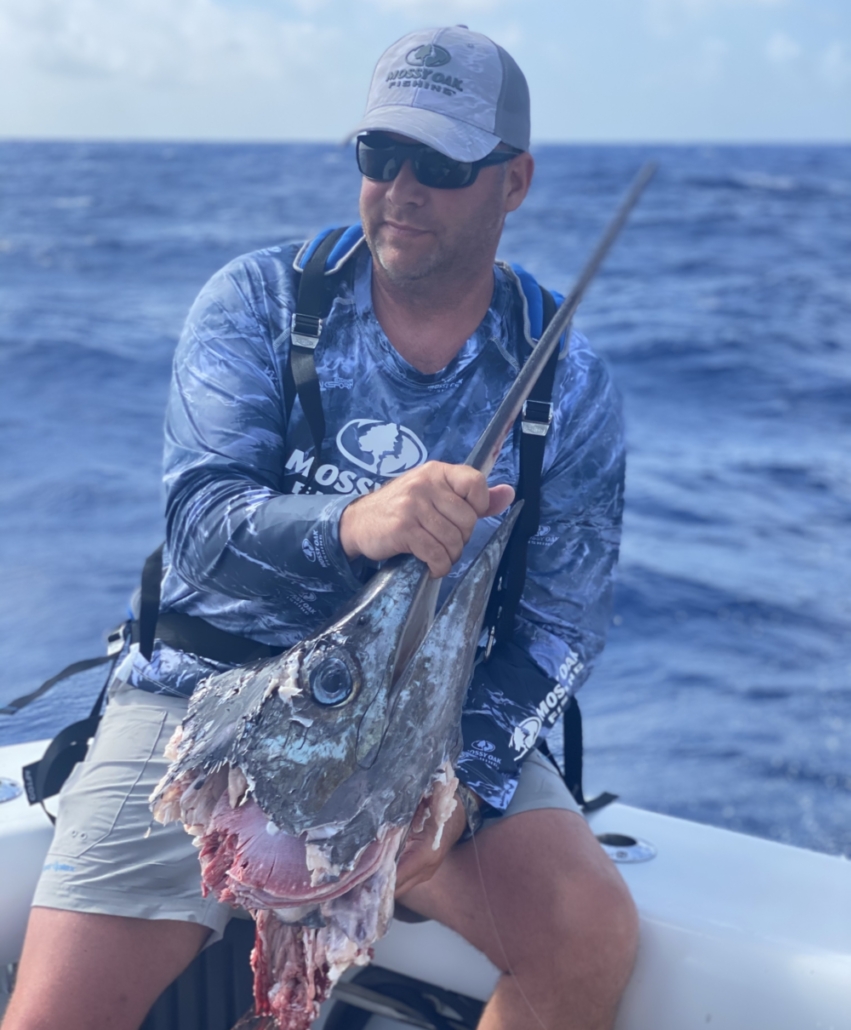
The current National Marine Fisheries Service (NMFS) attempts to address the Atlantic shark depredation problem offers no realistic solution for reducing occurrences. The agency offered suggestions to mitigate the problem by lowering engine noise, changing baits, or moving the boat to another location when sharks are spotted, all of which are typically seen as useless by any seasoned captain or angler.
NMFS did issue a grant to two universities to study this dire problem, focusing on Florida. The grant looks to quantify the number of depredation events and identify the shark species involved. The goal will be to produce the “capacity to assess the prevalence of shark depredation in recreational fisheries”. Counting the number of depredating events while recreational fisheries get decimated, economically or otherwise, does nothing to solve the current issue. From an outsider’s perspective, it seems as though the government is satisfied with just “doing something”, but without legitimate action to help stop or reduce the depredation events, excessive numbers of Atlantic sharks could continue to pose threats to the recreational fishery.
At the recent NMFS’s Highly Migratory Species Advisory Panel meeting, members of our community, including TBF staff, stressed the importance of solving the problem immediately before more fishing trips are ruined, more gear is damaged and more economic losses are suffered. According to 2019 Florida statistics, the state has more than 4 million anglers, provides 88,501 jobs, and generates $9 billion in revenue, in other words, a meaningful industry to the state.
TBF believes the funding used for the universities should have been used in shark stock assessments, especially considering those assessments do not exist for a number of coastal species. From where we stand, the much-needed immediate action is being ignored.
Another potential option would be to invest in the reinvigoration of the bottom longline shark fishery. By promoting, or even rebranding the fishery, a market for low-cost protein could be revived after essentially being collapsed due to current regulations. The reality is, unless feasible solutions are proposed regarding this issue, shark depredation encounters will likely continue as shark populations in certain coastal areas continue to accelerate, and our fisheries, communities, and industries will suffer.






